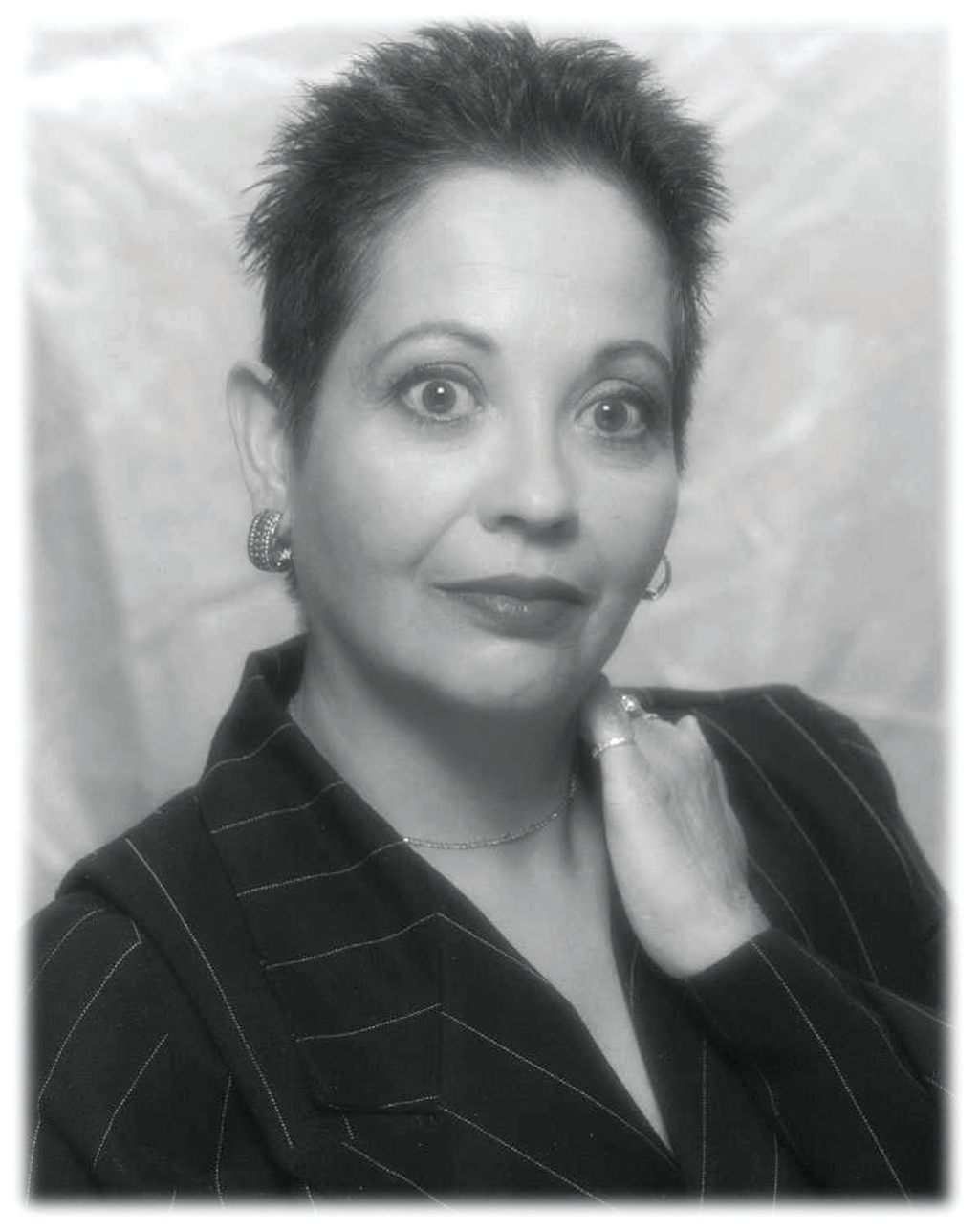The birth of a child is a miraculous event. Parents look forward to it with excitement and anticipation.
The day finally arrives and after the delivery Mom lovingly counts all of the fingers and toes and says a prayer of thanks that he or she is healthy. Soon Mother and baby are being discharged to return home.
The nursery has been ready for months, decorated in nursery rhymes or fairy tale images. Dad is excited, sibling’s are waiting at home to see this bundle of joy.
All is right with the universe.
Before you know it you are celebrating your sweet’s second birthday. You notice that your child has been having difficulty with language, her social skills are impaired and she is stimming, (repetitive action or movements such as rocking or spinning).
You wonder if these behaviors are caused by the MMR vaccines she had recently. You consult with your family physician and after months of tests, you are told that your child has Autism Spectrum Disorder.
It is an emotionally crushing statement for parents to hear.
Autism now affects 1 out of 36 children in the U.S. ages 3-17, according to the Center for Disease Control and Prevention. Diagnosis focuses on a variety of behavior characteristics in a child such as marked impairment in nonverbal behaviors, failure to develop social relationships, a delay or total lack of the development of spoken language, and difficulty with sensory issues.
Most of us will be touched by someone who has autism. Perhaps we are living with a family member, working with an employee or we are involved with someone on another level.
Will we understand their needs?
People with ASD have problems with social interaction, communication and restricted or repetitive behaviors. Diagnosing ASD can be difficult as there is no medical test like a blood test to diagnose the disorder. Doctors look at the child’s developmental history and behavior to make a diagnosis.
ASD can sometimes be detected at age 18 months or younger. By the age of 2, a diagnosis by an experienced professional can be considered reliable. Many children and adults are not diagnosed until they are much older and may not get the early help they need.
The Diagnostic and Statistical Manual of Mental Disorders, DSM5 describes three levels of ASD that are legitimate to the medical community. They describe them as Level 1, Level 2 and Level 3.
These levels range from least to most severe. These levels are useful in figuring out a person’s support needs, however, they don’t give a full picture of the strengths, needs and capabilities of each individual person’s needs.
An example of this would be an autistic student’s accommodation at home versus school. A student may perform well at home and struggle with certain behaviors at school. School can be challenging for children with ASD. Social interaction is difficult, noisy environments, changes in routines, organization and problems with learning are just a few things ASD students struggle with.
These struggles lead to increased levels of stress, anxiety and depression.
It is imperative that teachers, school administrators, counselors and parents work together to support ASD students. Perhaps an Individual Education Plan (IEP) or a 504 plan is needed to further support these children to reach their full academic potential.
Understand the differences between the two plans and have your child evaluated by the school psychologist, psychiatrist or other qualified professional.
The most important thing for people to focus on is awareness, prevention, cure and funding. Autism cost the nation more than $350 billion in 2022, according to the CDC. Research funding in 2022 was $306 million, according to the National Institute of Health.
Autism is on the rise and though research shows there is a genetic predisposition, the causes and cure still elude researchers. Early intervention is the key.
— Sandi Y. Squicquero M.Ed, LPC, is a licensed professional counselor who works out of the Medical Hypnosis and Counseling Center at 1180 Main St., Suite 5B in Windsor. She has more than 30 years experience as a counselor and is board certified in medical hypnosis.
This content was originally published here.
